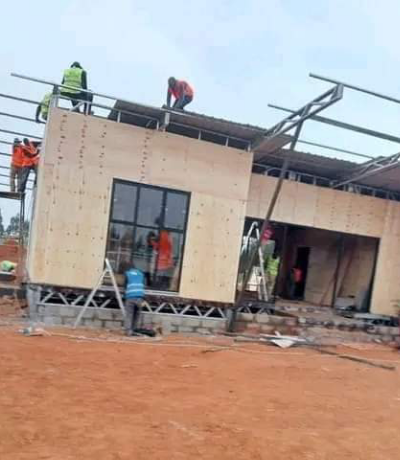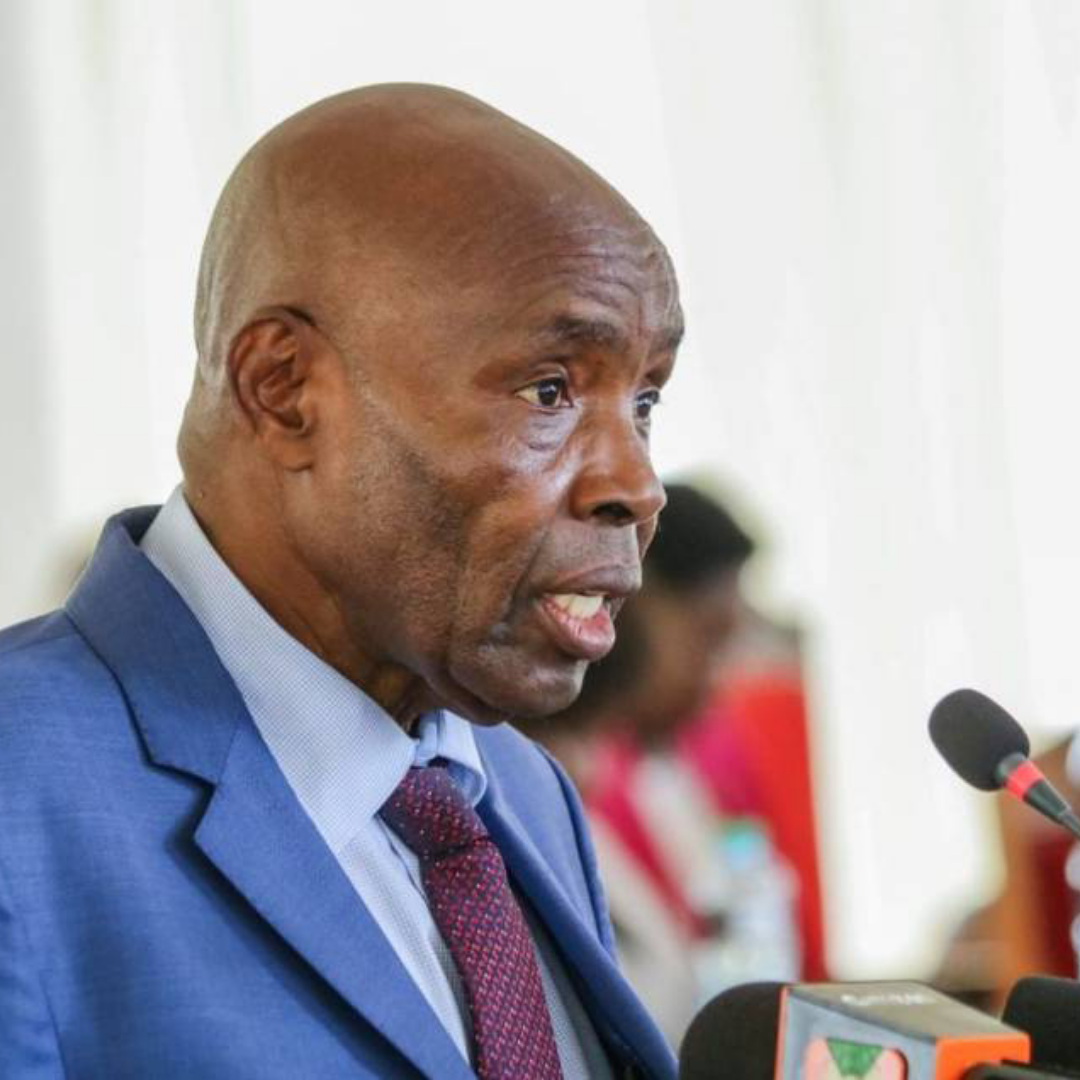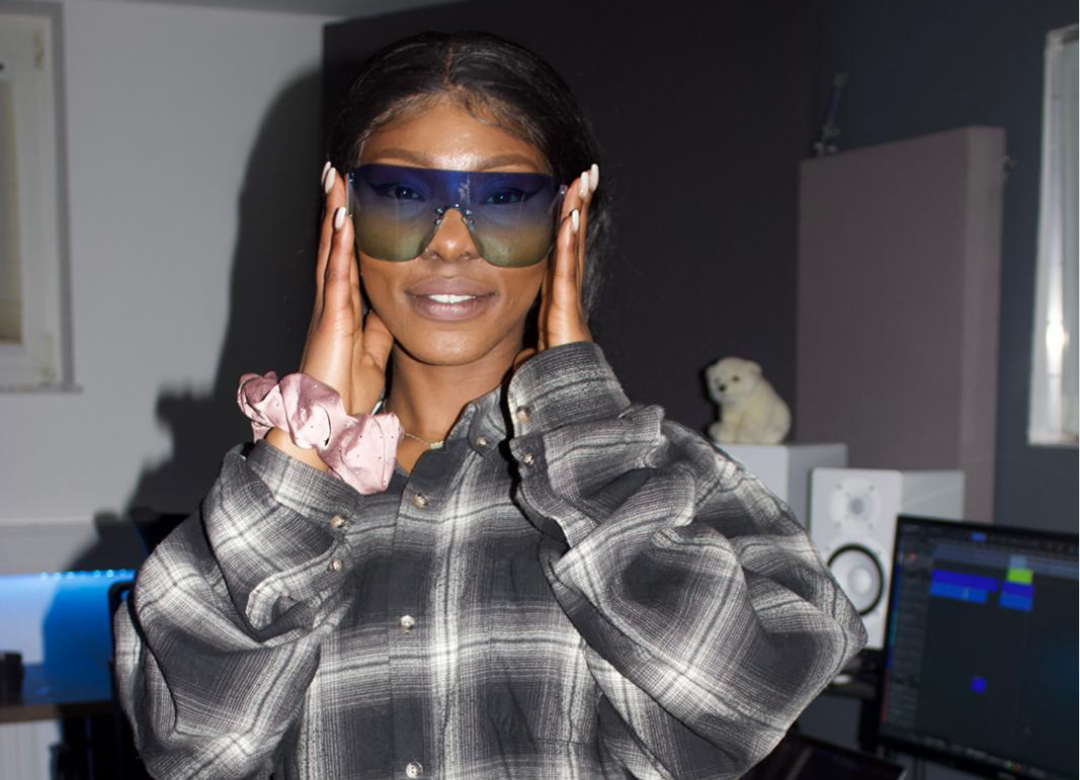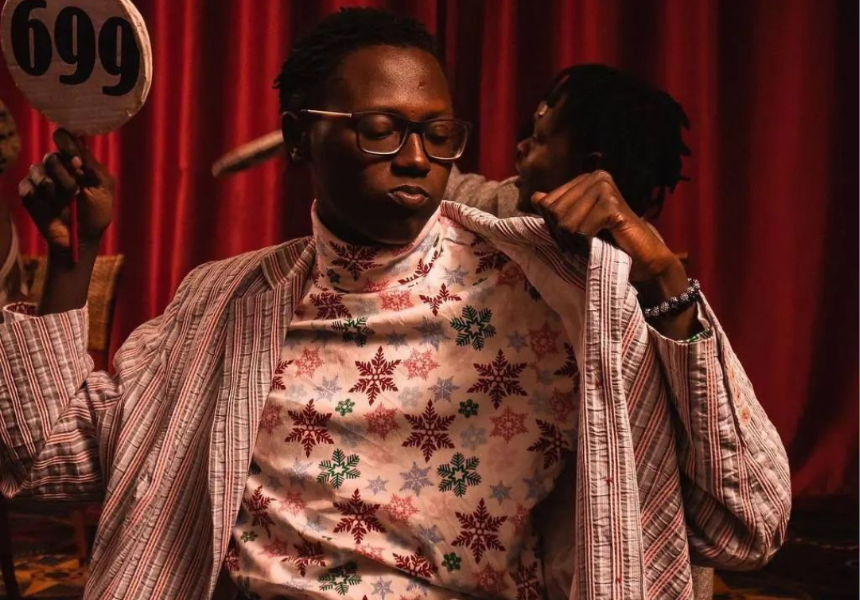
The Rise and Fall of Kalamashaka

Kalamashaka is one of the most iconic rap groups to come out of Kenya. The group was formed in the late 1990s by three childhood friends, Roba, Kama, and Didge, who had a shared passion for music and a desire to speak out against social and political injustices in their country.
At the time, Kenya’s music industry was dominated by pop and traditional music, and there was little space for hip hop and rap. Kalamashaka’s music was a breath of fresh air, speaking directly to the realities of life in the slums of Nairobi. Their lyrics addressed issues such as poverty, corruption, and police brutality, and their music quickly gained popularity among young people who could relate to their message.
Kalamashaka’s music was not just a form of entertainment but also a form of activism. The group used their platform to raise awareness about social justice issues and to encourage young people to get involved in their communities. They collaborated with other artists and activists, organizing concerts and events that brought together people from different backgrounds and inspired a sense of unity and solidarity.
Despite their growing popularity, Kalamashaka faced opposition from the Kenyan government, which viewed their music as subversive and a threat to the status quo. Their concerts were often disrupted by police, and their music was censored on the radio. But the group refused to be silenced and continued to push the boundaries of what was possible in the Kenyan music scene.
Over the years, Kalamashaka has faced its share of setbacks and challenges. In 2001, Didge left the group, citing creative differences, and the remaining members struggled to maintain their momentum. In 2005, they released their second album, “Kilio Cha Haki,” which was well-received by fans and critics but was mired in legal disputes that prevented it from being distributed widely.
Despite these challenges, Kalamashaka’s legacy continues to inspire and empower young people in Kenya and beyond. The group’s music has been described as a reflection of the struggles and aspirations of a generation, and their message of social justice and unity remains as relevant today as it was when they first burst onto the scene more than two decades ago.
In 2021, Kalamashaka celebrated their 23rd anniversary with a concert in Nairobi that brought together fans and fellow musicians from across the country. The group performed some of their classic hits, as well as new material that demonstrated their continued commitment to speaking truth to power and uplifting their community. For many young people in Kenya, Kalamashaka is not just a rap group but a symbol of hope and a reminder that music can be a powerful force for change.









